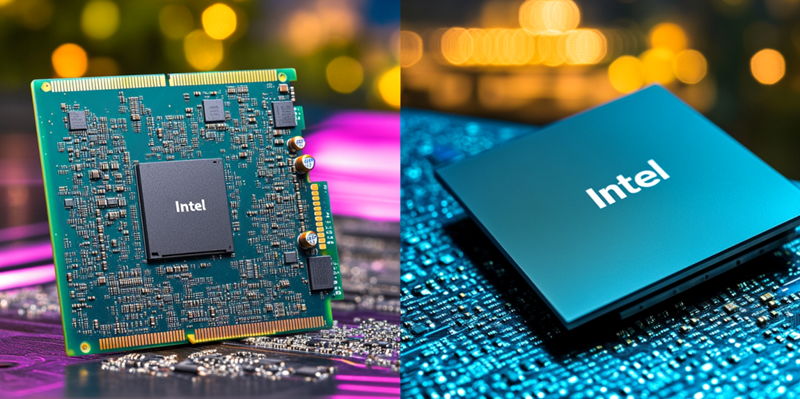The tech industry is buzzing with Intel’s strategic maneuver to increase its reliance on Taiwan Semiconductor Manufacturing Company (TSMC) for its upcoming Arrow Lake CPUs. The decision comes as Intel grapples with the performance issues plaguing its foundry division, critical for maintaining a competitive edge in the CPU market amidst dwindling performance in data center and AI sectors. This move is designed to leverage TSMC’s renowned semiconductor quality and keep Intel’s products on par or ahead of those offered by competitors, like AMD, which already relies on TSMC’s advanced manufacturing technologies.
A recent report from Ctee reveals that Intel has significantly ramped up its orders for Arrow Lake and Lunar Lake SKUs at TSMC. This marks a pivotal moment where Intel has, for the first time, chosen an external foundry for its Arrow Lake Core Ultra 200 series SKUs. The decision underscores Intel’s pressing need to counteract the underperformance of Intel Foundry Services (IFS) and fortify its market position against rivals. By utilizing unique tile configurations and advanced Foveros 3D packaging technology, Intel demonstrates its core ambition to not let its innovation be hindered by internal manufacturing limitations.
The escalation in outsourcing to TSMC, coupled with disappointing outcomes from Intel Foundry, raises questions about Intel’s broader chip business strategy. With Intel’s next-generation Falcon Shores AI GPUs anticipated to incorporate TSMC’s cutting-edge 3nm process, the bond between the two tech giants is evidently deepening. There is growing speculation about whether this increased collaboration could lead Intel to divest its manufacturing unit. Such a move would be monumental but is not entirely surprising given Intel’s expansive and complex plans to sustain market relevance through stronger external partnerships.
Intel’s ambitious financial goals for Intel Foundry Services have so far translated to soaring operational costs and a steep decline in profits. Outsourcing to TSMC, while assuring better product quality, inherently comes with higher expenses. This situation likely forces Intel to make sharp and perhaps unexpected decisions to balance costs effectively. The recent maneuvers highlight Intel’s undeterred commitment to remaining competitive through partnerships and the adoption of advanced technology, even if it entails parting with long-held internal capabilities.

